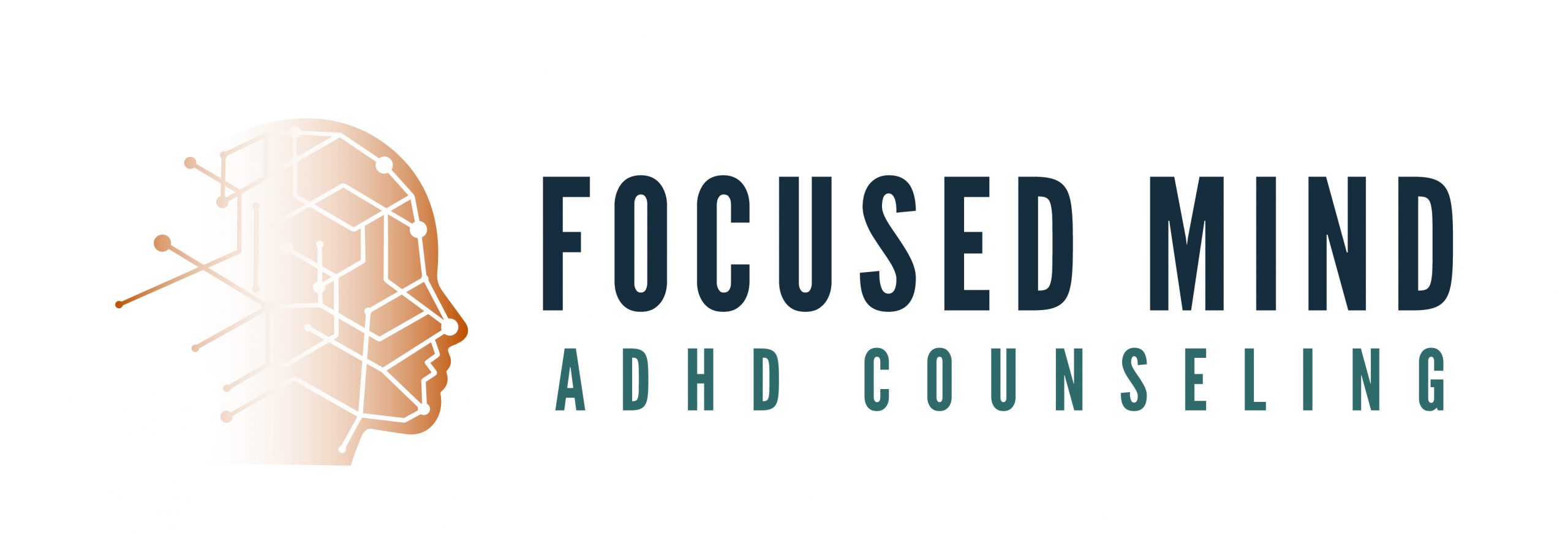
You know you’re smart and capable. So why is it that the moment you open up your work
calendar, you start to feel a knot tighten in your stomach? Deadlines, meetings, and endless
emails feel more dreadful than they should. For many adults with ADHD, anxiety clings to you
like an unwelcome guest, feeding off of self-doubt and stealing your confidence. The good
news? With the right tools and mindset, you can increase a sense of calm, focus, and
confidence at work.
The Link Between ADHD, Anxiety, and Confidence at Work
Some common ADHD challenges in the workplace are disorganization, forgetfulness, and time blindness (the feeling that minutes and hours slip away without you noticing). Anxiety turns up the pressure by whispering, “What if you mess up?” or “You should be further ahead by now.” This combo can leave you second-guessing even simple tasks.
Many adults also struggle with Rejection Sensitive Dysphoria (RSD). Rejection sensitivity also plays a role by making you feel extra sensitive to criticism or the thought of letting someone down. Pair that with people-pleasing tendencies, and suddenly you’re saying “yes” too much or replaying a comment you made in yesterday’s meeting. This results in self-doubt that erodes your confidence over time.
Common Workplace Struggles
If you live with ADHD and anxiety, you might notice certain patterns at work. Starting or finishing tasks can feel like climbing a mountain, which others may mislabel as laziness, even though it’s really about executive function, not effort. Deadlines often sneak up, leading to intensified stress and the fear of being seen as unreliable. Perfectionism can keep you stuck, causing you to over-polish small projects while avoiding the bigger, scarier ones. In meetings, social anxiety might hold you back. You have great ideas but second-guess them, so you stay quiet instead. These struggles do not mean that you’re not good enough; they’re simply signals that your brain works differently and needs systems of support designed to match it.
Practical Strategies to Improve Workplace Confidence
 Confidence grows when you have tools that work for your brain. One way to build that foundation is through time management support. These are like bumpers on a bowling lane that keep the ball on track: timers, calendars, and reminders can take the pressure off your working memory so your brain doesn’t have to worry about getting off course. Breaking big projects into smaller steps also helps, like slicing a pizza instead of trying to eat the whole thing
Confidence grows when you have tools that work for your brain. One way to build that foundation is through time management support. These are like bumpers on a bowling lane that keep the ball on track: timers, calendars, and reminders can take the pressure off your working memory so your brain doesn’t have to worry about getting off course. Breaking big projects into smaller steps also helps, like slicing a pizza instead of trying to eat the whole thing
at once.
Shifting your mindset is another powerful strategy. Practicing self-compassion allows you to see ADHD not as a flaw, but as a different wiring that requires different tools. It’s also important to watch out for the guilt-to-overcommitment trap. Saying “yes” to everything doesn’t prove your worth; it just drains your energy. Managing shame means reframing mistakes as learning
opportunities instead of evidence that you’ve failed. Practicing assertiveness (asking for what you need, setting boundaries, and speaking up when something isn’t clear) creates space for you to do your best work without burning out.
Ultimately, focus boosters can significantly enhance your daily workflow. Body doubling, or working alongside someone else (even virtually), can help you stay on track. Task batching (grouping similar tasks together) reduces the drain of constant context switching. Most importantly, remember there’s no one-size-fits-all approach. Finding your rhythm is about
experimenting with different strategies and keeping the ones that actually work for you.
Key Takeaways
- ADHD and anxiety often combine to create self-doubt at work, but it’s not a reflection of your ability.
- Everyday struggles, such as forgetfulness, time management, or staying focused, often stem from brain wiring, not laziness.
- Tools like external support, mindset shifts, and focus strategies can help you feel calmer, capable, and confident.
- Workplace confidence grows when you stop fighting your brain and start working with it. Building confidence at work isn’t about being perfect—it’s about creating systems that let your strengths shine and your anxiety go down.
Begin Adult ADHD Treatment in Columbus, Ohio
Looking for more individualized support? You don’t have to live a life impacted by anxiety at work. ADHD-focused therapy can help you find mental calm. Our counseling practice in Columbus, Ohio has caring therapists who specialize in ADHD testing and ADHD treatment. To start your counseling journey with Focused Mind ADHD Counseling, follow these simple steps:
- Fill out the contact form to schedule a free 15-minute phone consultation.
- Meet with one of our caring therapists.
- Stop feeling overwhelmed. Start taking action and moving forward.
Other ADHD Services Offered at Focused Mind ADHD Counseling
Adult ADHD treatment is not the only service we offer at our Columbus, OH counseling practice. At Focused Mind ADHD Counseling, we offer a variety of mental health services, including ADHD testing. As an adult with ADHD, you may also benefit from ADHD testing, anxiety treatment for ADHD, counseling for men with ADHD, couples therapy for ADHD, or depression counseling for ADHD. You can also view our blog for more resources and helpful info.
Written by:
Suzanne Case, LSW, ADHD Specialist



